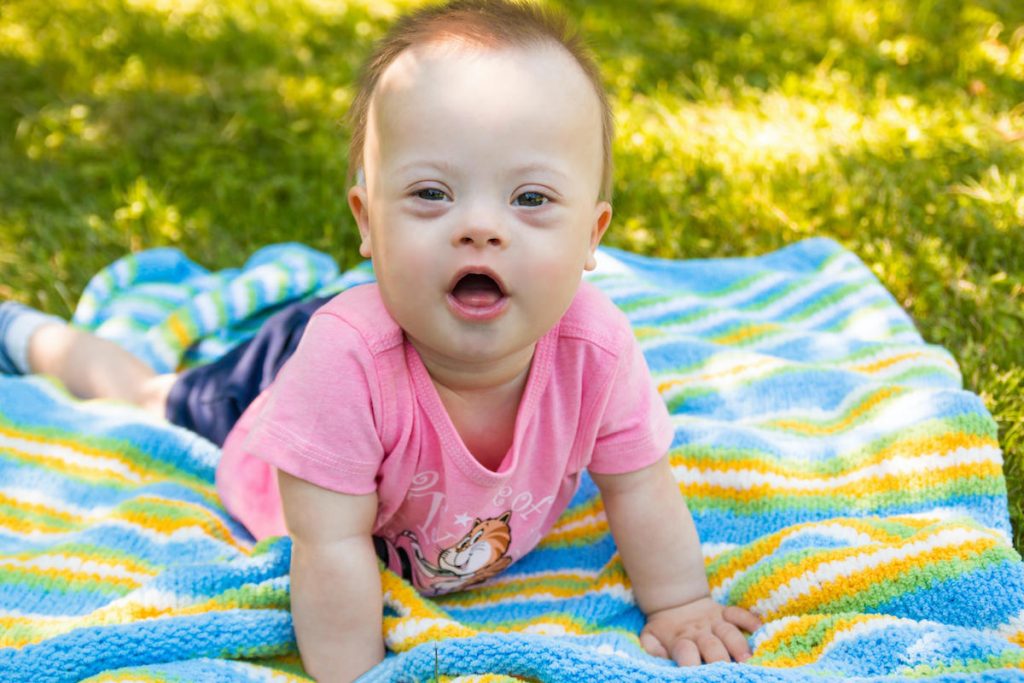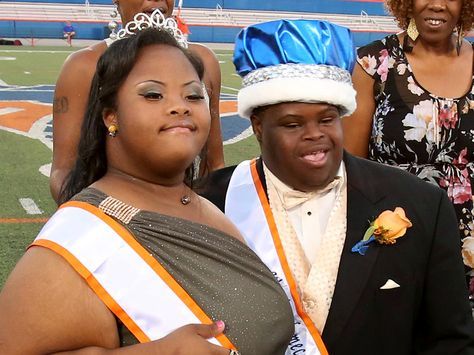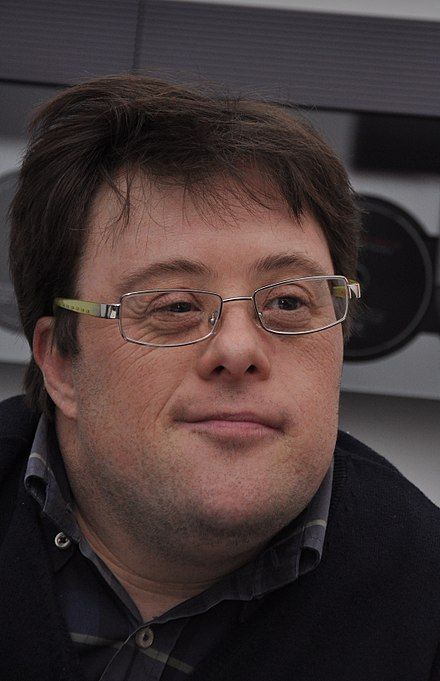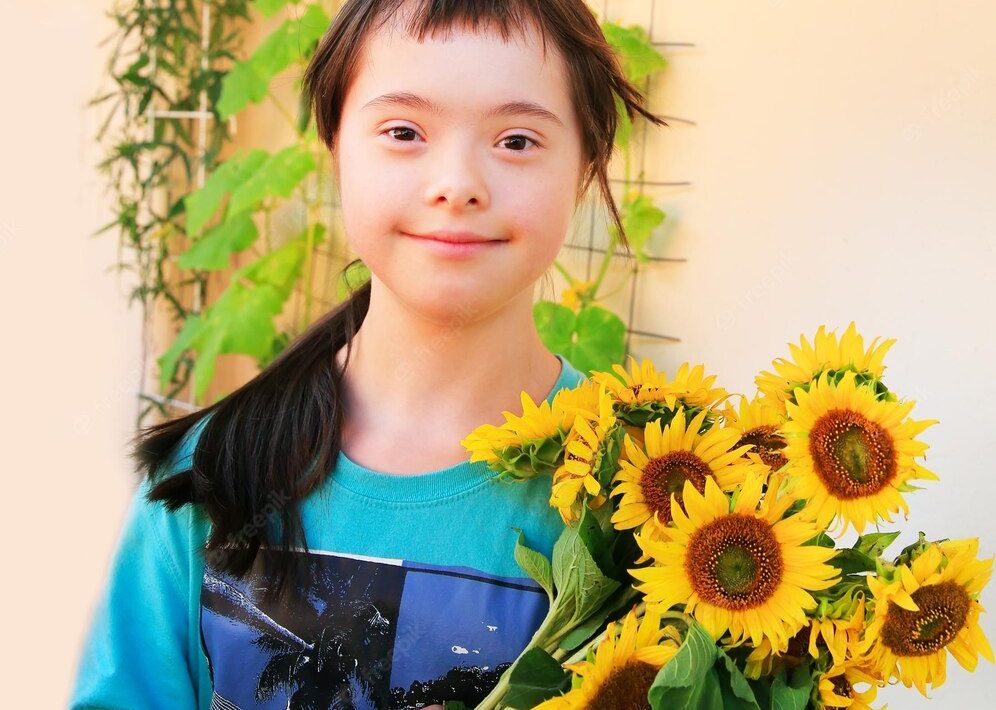
Did you know that on December 2011 the United Nations Assembly set March 21st as the World Down Syndrome Day? This is to recognise and represent the uniqueness of trisomy-21, a chromosomal defect known as the Down Syndrome.
What is Down Syndrome?
Down Syndrome is basically a genetic condition caused by cell division abnormalities in the 21st chromosome of a human’s genetic make up. Instead of pairing up, it tends to triplicate, multiply or translocate into a copy or onto another chromosome.
Additionally, from a scientific perspective, and by support of britannica.com, Down syndrome is a “Congenital disorder caused by the presence in the human genome of extra genetic material from Chromosome 21”.

Causes of Down Syndrome
As previously mentioned, Down Syndrome is a birth defect that occurs as a result of changes in the 21st chromosome. Ultimately, chromosomes are structures that make up our DNA. And they carry our genetic information. Usually there’s 23 pairs of chromosomes in every human.
However, in people with Down Syndrome, the 21st set has 3 or 2 and a half chromosomes. Furthermore, there are some rare types of down syndrome in which the 21st chromosomes is defected differently. And more information can be accessed from the list of references at the below.
Risk factors
Actually, there are no physical factors that cause Down Syndrome. However, there are factors that put one at a risk of having a baby with Down Syndrome, such as:
- Getting pregnant at an older age, 35-up.
- Carrying the genetic translocation Down Syndrome. This comes from both women and men.
Characteristics

Picture sourced from Pinterest
Down Syndrome characteristics
- A short height, short neck and relatively short fingers
- A flattened face
- Protruding tongue
- Hands with a single crease in the palm.
- Being excessively flexible.
- Or, a small head, small hands and feet with small and unusually shaped ears.
Beyond physical characteristics, people with Down Syndrome have, to a certain degree, limited intellectual ability and minimal social and practical skills. However, this differs in individuals from mild to moderate.
Notably, it’s observed that they also tend to develop serious heart complications, blood disorders and immune system problems. In addition, they have a shorter life expectancy, especially when they receive no extra help early on.
Caring for people with Down Syndrome
Usually, people with Down Syndrome have manageable traits. But may need extra care and early help, such as speech and communication therapy to aid in their development, medical therapy, support and education.
Moreover, the Penfield Children’s Center emphasises on the labelling of people with Down syndrome that they “should always be referred to as people first.” Instead of describing someone as “a Down Syndrome child”, it should be “a child with Down syndrome”. In essence, terms like “he has Down S”, or “a Down S child” are insensitive and should be avoided at all costs.
Furthermore, people with Down Syndrome commonly have sensitive personalities and moods where they can be overly happy and outgoing. But also very sad and angry, and are at a higher risk of mental health conditions.
The Unique Trisomy-21
Despite the limited abilities, people with Down Syndrome have made a mark in the world with prominent names having excelled in their careers, and education, as well as in sports. In addition, some have become important names in the entertainment and arts industries

Pablo Pineda is an actor and educator and was the first person with Down Syndrome to obtain a University degree in Europe. He has also won multiple awards in his acting and education careers.
Notably, famous TikTok(ers), @mallorypaigedesigns, @zachv_pat and @husbandwife41 are some of the people with Down Syndrome. Importantly, they entertain the world with their hilarious videos and raise awareness about Down Syndrome.
References
- Britannica, T. Editors of Encyclopaedia (n.d.). Down syndrome. Encyclopedia Britannica. https://www.britannica.com/science/Down-syndrome
- Kohl’s Building Blocks. (n.d.). Down syndrome – early intervention services, advocacy and support. https://penfieldbuildingblocks.org/down-syndrome/down-syndrome-early-intervention-services-advocacy-and-support/
- Mayo Clinic. (n.d.). Down syndrome. https://www.mayoclinic.org/diseases-conditions/down-syndrome/symptoms-causes/syc-20355977



